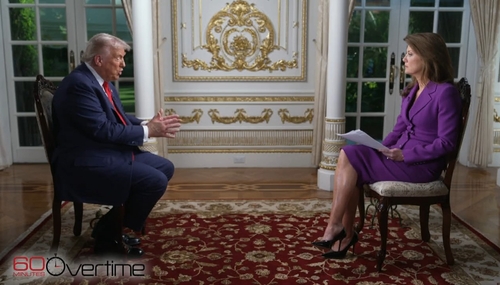The future of the news industry is made up of unions and liberal media experts. At least, that was how “The Future of News Industry Jobs” was presented at one of the nation’s foremost journalism schools. When it came to discussing the business of news, the panel was packed with everything from a former Democratic gubernatorial candidate to anti-corporate think tankers and the founding CEO of Air
The future of the news industry is made up of unions and liberal media experts. At least, that was how “The Future of News Industry Jobs” was presented at one of the nation’s foremost journalism schools. When it came to discussing the business of news, the panel was packed with everything from a former Democratic gubernatorial candidate to anti-corporate think tankers and the founding CEO of Air
The one-day news conference was co-sponsored by the Communication Workers of America, part of the AFL-CIO, and the
The panel’s six experts were asked about “Economics and the Future” for the industry. They included two left-wing think tank representatives, a former
Only one member of the panel seemed to have no obvious political leaning – Jane Scholz of McClatchy-Tribune Information Services. There were no representatives from any conservative media.
The first panelist to speak was Jeff Johnson, the former publisher of the Los Angeles Times. Johnson was fired last year “after publicly refusing to make job cuts requested by his corporate bosses,” according to the Oct. 6, 2006, New York Times.
Johnson now is an operating partner with Yucaipa Companies, LLC which is run by Burkle.
He was followed by Chairman and CEO of Corridor Media Inc. Ted Venetoulis. A former Democratic County Executive in
The think tank representatives were a dead giveaway about the nature of the panel. The first was Mark Cooper, director of Research for the Consumer Federation of America, a group that lobbies against businesses, against gun ownership and for increased regulation. Cooper’s latest book was “The Case Against Media Consolidation” and he strongly urged media outlets to sue firms like Google for using their content.
Cooper stressed that he viewed industry problems as being the fault of management. “The first thing you have to change is management” for journalism to survive, he argued.
Former Air
While the union participation was prominent during the sessions, mention of it was buried at the bottom of the conference handout.





